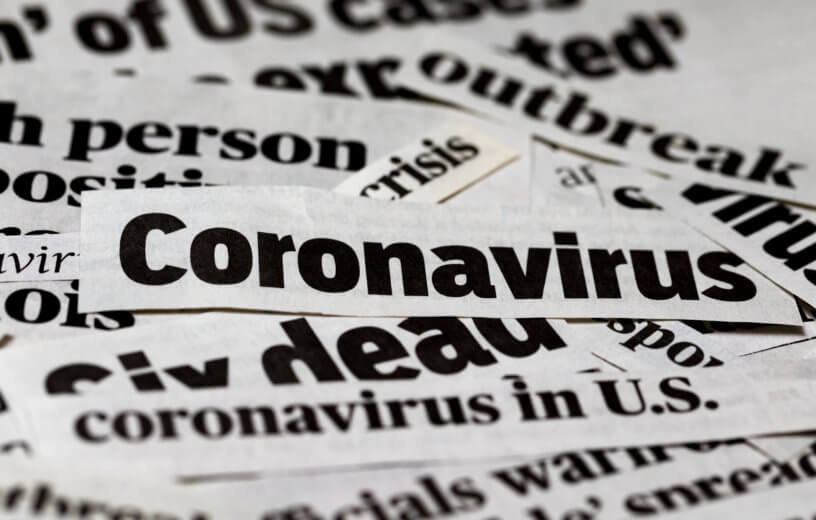CANTERBURY, United Kingdom — The moment an individual learns they’ve tested positive for COVID-19 is a scary one. Along with the obvious health implications, many may wonder if friends, family, or employers will view them differently now. Such fears may be irrational, but a study finds “COVID shame” is likely keeping some from reporting their infections. The stigma of the virus might even be causing patients to disregard health and safety recommendations.
Researchers from the University of Kent and Leeds Beckett University say feelings of shame and stigmatization connected to contracting COVID-19 have a link to lower rates of social distancing compliance. Feeling this way also reduces the odds that patients will properly report their condition to the authorities or personal contacts.
America’s unique response to COVID
The study focused on three nations specifically: the United States, Italy, and South Korea. Trust in government, or lack thereof, appears to be a key factor in deciding to keep a COVID diagnosis secret.
On the other hand, study authors also report that people who generally trust their government react differently. They feel a greater sense of “mutual solidarity” and are more likely to report their COVID-19 infection — to both authorities and acquaintances.
Researchers also dived into the differences among these three nations. They discovered more trust in the local government’s COVID response among South Koreans and Italians has a link to greater adherence to social distancing regulations. For Americans however, more trust doesn’t seem to lead to social distancing compliance. The British team contends that this uniquely American phenomenon may be due to the Trump Administration’s anti-science rhetoric.
Governments shaming citizens into compliance backfires
Most nations went into total lockdown in response to COVID-19 at some point last year. With those lockdowns often came awareness campaigns centered on the importance of following safety recommendations and how shameful it would be to disobey COVID safety measures.
In light of these findings, study authors hypothesize that shaming people during the pandemic may have backfired. They ask: if it’s shameful to disobey lockdown orders, isn’t it even more pariah-like to actually contract the coronavirus?
“Our research highlights the importance of managing the stigma associated with Covid-19, which may undermine authorities’ efforts to control it. Governments and decision-makers may achieve better transparency and compliance by focusing on the importance of social cohesion and trustworthiness in their attempts to tackle the pandemic and manage public responses,” says study co-author Dr. Giovanni Travaglino in a university release.
“In our research, we identified that roles of trust in governments and self-conscious emotions (shame and guilt) were determinant factors for people’s compliance with social distancing and intentions of reporting infections to health authorities or acquaintances. When governments and decision-makers make policies and regulations in relation to Covid-19, they should be aware that stigmatizing or blaming people for contracting the infection could potentially backfire. The governments’ efforts to boost trust are probably the key to overcoming the coronavirus crisis,” concludes study co-author Dr. Chanki Moon from Leeds Beckett University.
The study is published in Frontiers in Psychology.
